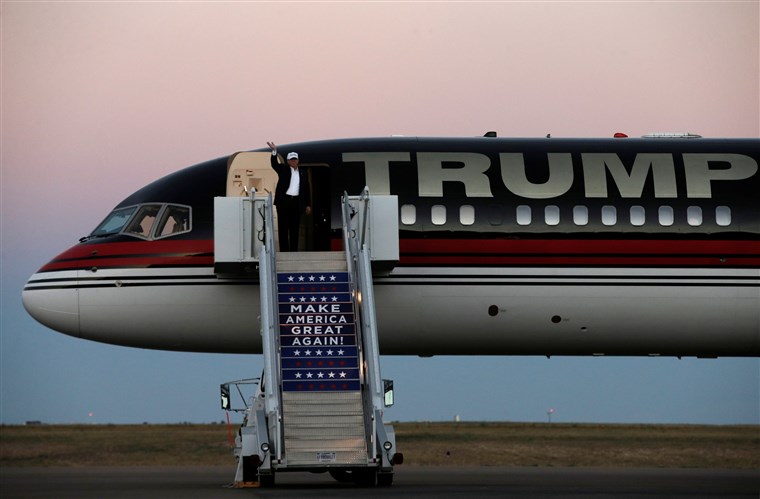The case for flying on a private jet is that it can save time for someone, such as a chief executive, whose time is extraordinarily valuable. Hence companies can offset the cost of these flights against their corporate-tax bills. In some countries the use of a private jet is a tax-free perk for executives. But a growing volume of research suggests that flying the boss privately is often a waste of money for shareholders. One analysis, by ICF consultancy, found that the jets are often used to fly to places where corporate titans are more likely to have holiday homes than business meetings, such as fancy ski resorts. A study by David Yermack of NYU Stern School of Business found that returns to investors in firms that allow such flights are 4% lower per year than in other companies. Users of such planes are also more likely to commit fraud: a careless attitude to other people’s money sometimes shades into outright criminality, it seems.

The environmental effects of corporate jets are dire. A flight from London to Paris on a half-full jet produces ten times as much in carbon emissions per passenger as a scheduled flight, according to Terrapass, a carbon-offset firm. New supersonic business jets under development will make that a lot worse. On one estimate, their emissions will be five to seven times higher than for today’s models. Amazingly, these emissions are largely unregulated. Aviation is not covered by the Paris agreement to limit climate change, and most private jets are excluded from corsia, a carbon-offsetting scheme involving most airlines. All in all, private planes could produce 4% of American emissions by 2050 compared with 0.9% today.
译文由可可原创,仅供学习交流使用,未经许可请勿转载。












